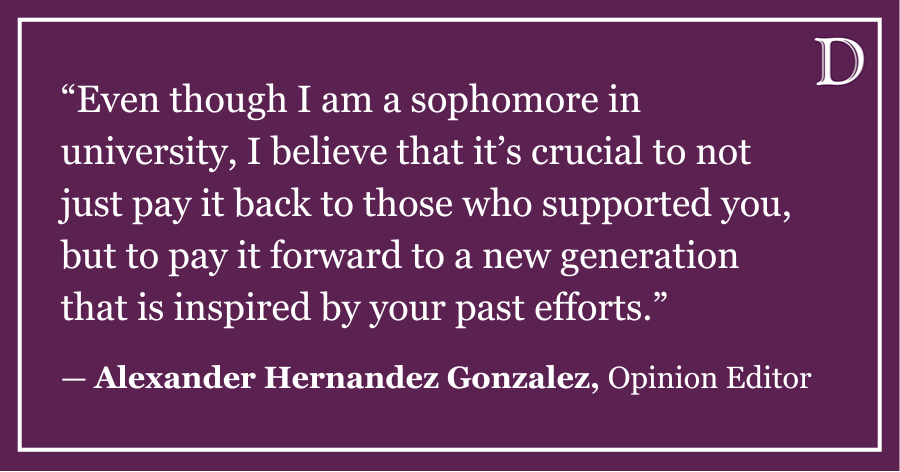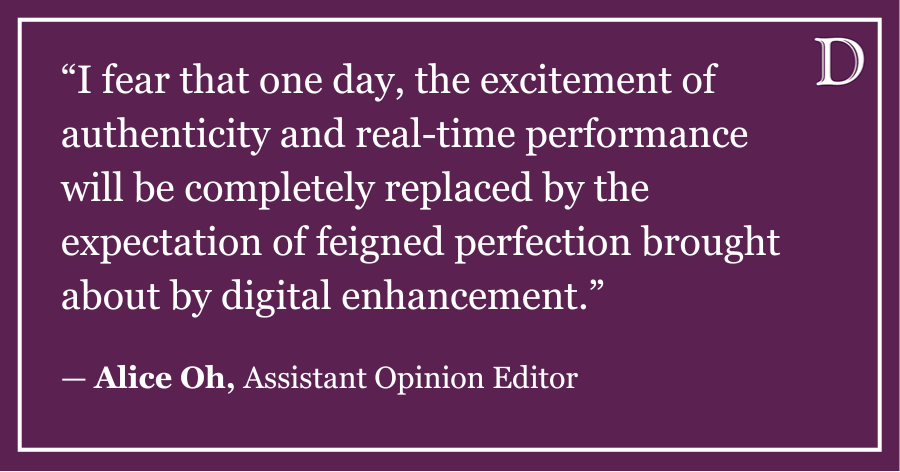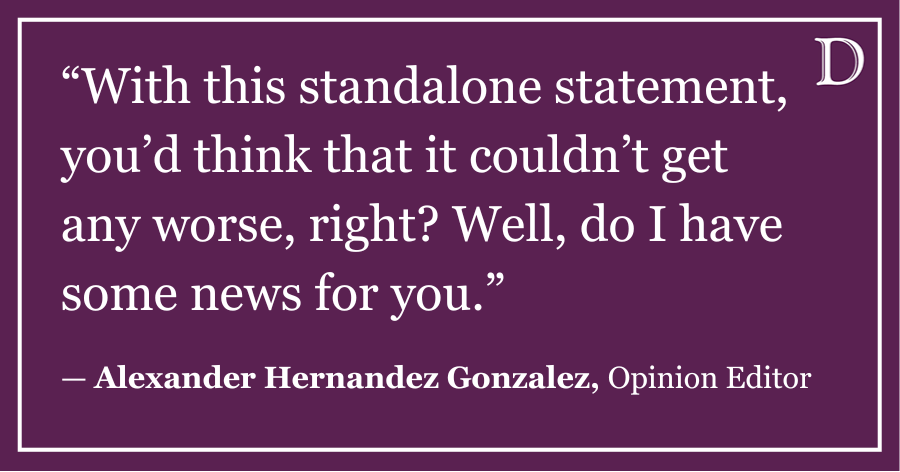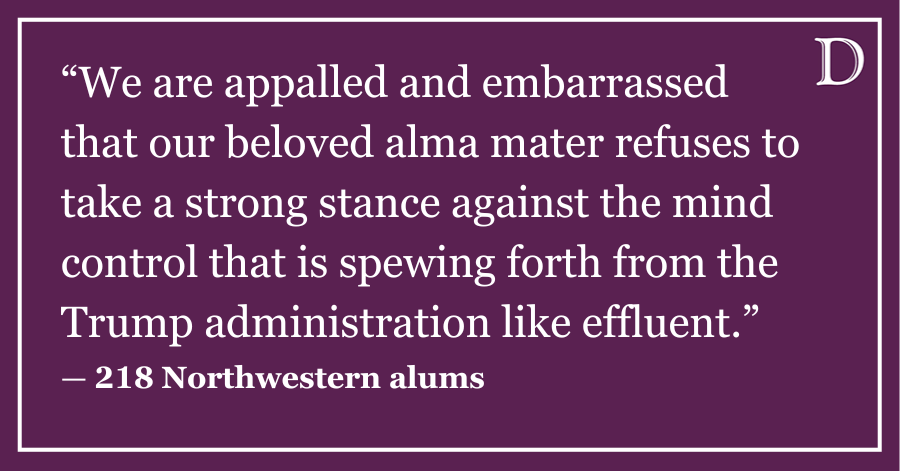The months of debate among music fans regarding Grammy nominees will finally culminate in this Sunday’s 56th Annual Grammy Awards. Although we could argue forever about which artists, albums and songs deserve awards within their respective fields, the truth is, musical taste is almost entirely subjective. However, the Grammys have a much more transcendent issue than a few possibly undeserving award winners each year.
I want to write an entire column on how not a single “Best Rap Song” nominee is even the best track on its own album. I want to write an entire column on how Lorde’s “Royals” should not be considered for any awards. I want to write an entire column on how there is no better-produced 2013 song than Madeon’s “Technicolor,” yet I am highly confident in my belief that it was never even considered for the “Record of the Year” award.
But, as I mentioned earlier, however valid those arguments may seem to me, a wide range of people would disagree simply because musical tastes are highly variable.
Instead, the big problem that we should all focus on is how the innovative, exciting, modern 2014 Grammy Awards are dominated by nominations that were released 15 months ago and were, in some cases, out of our consciousness by the time last year’s Grammy season rolled around.
Perhaps the most prestigious award of the entire Grammys is “Album of the Year.” If we are talking about what the best album of the previous year was, it would be nice if the nominations actually came from the previous year. Three of the nominees – and arguably the three favorites – Taylor Swift’s “Red,” Macklemore and Ryan Lewis’s “The Heist” and Kendrick Lamar’s “Good Kid, M.A.A.D City” were all released in October 2012. The other two nominees, Daft Punk’s “Random Access Memories” and Sara Bareilles’s “The Blessed Unrest” were released in May and July, respectively. Unless you are a big fan of any of these artists – I still jam to Kendrick Lamar on the regular – when is the last time these albums were at all relevant to you?
Now, I do not want to take anything away from Daft Punk and Sara Bareilles. Although we do not hear songs from those albums anymore besides in ubiquitous Microsoft advertisements, they remain deserving of their place as “Album of the Year” nominees because, well, at least they came from the year 2013. But does anyone in January 2014 care whether Taylor Swift’s album that came out three months before last year’s Grammys is better than Macklemore’s or Kendrick Lamar’s that came out at the same time?
These albums lost their cultural relevancy long ago, which is a problem when the Grammy Awards represents the paragon of an industry that is always about the present and future. Each year, the Grammys serve to celebrate the previous year in music and give fans a peek at what is to come in the new year of music. Music freaks and casual fans alike tune in to see popular artists perform brand new songs and underappreciated musicians get a chance on the big stage, not to see which album that got way overplayed a year ago is better.
An extremely reasonable counterargument to my general point that Grammy nominees should actually come from the year in which they are being nominated is that if an album from two, thirty or even a hundred years ago suddenly becomes incredibly popular in 2013, does it not deserve Grammy recognition? That is a completely valid point if the goal of the Grammys is to celebrate the popularity of music from 2013, regardless of what year it was created.
However, according to the official Grammy Awards website, “For the 56th Annual GRAMMY Awards, albums must be released between Oct. 1, 2012 and Sept. 30, 2013.” Thus, a suddenly popular old album would not be eligible for a nomination.
The simplest solution to this loss-of-relevancy problem would be to move the eligibility dates to anything released in the year 2013, just as the Academy Awards does for movies.
If the The Recording Academy wants to keep the Grammy Awards musically relevant and exciting, it would make the simple change of pushing the eligibility date back by three months.
Until then, we will have another year in which the Staples Center hosts an enigmatic night of debuting new music mixed with awards being swept by artists the rest of us stopped listening to a year ago.
Bob Hayes is a Weinberg freshman. He can be reached at roberthayes2017@u.northwestern.edu. If you would like to respond publicly to this column, email a Letter to the Editor to opinion@dailynorthwestern.com.













